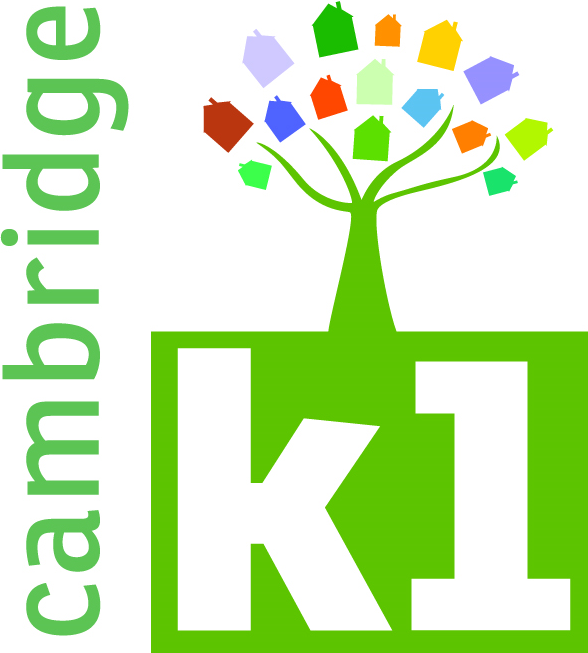We need to form a legal entity by June/July 2013 at the latest, because:
- The City Council would like one to negotiate with (instead of individuals with unclear power to speak for the group);
- It will show our commitment to the council;
- To safely hold in trust any investments made by members;
- To enter into a contract with a developer;
- To purchase and own the common/shared facilities of the land (paths, fences, stairs and parking)
The legal working group will have its first meeting on Monday 11th March, to decide what questions need to be asked of members to determine the most appropriate legal structure.
Stephen Hill has kindly provided links to some toolkits on company structure options:
- the UK Cohousing Network [UKCN]
- the Community Land Trust [CLT]
Stephen says:
The toolkits are very similar. The UKCN is more under development, and dependent on voluntary time, than the CLT one which has had the benefit of public money to set it up.
Just remember the CLT structures have the additional function of safeguarding any discounted land value in the first sale of a CLT home so that subsequent purchasers continue to benefit. You probably won’t want to include that, but if you do, there are some very simple ways of doing it in the sale or lease transfers of the individual homes.
The co-ownership societies that were very common in the 1970’s, used to have a 5% clawback ie 5% of the difference between the buying and selling price went into the societies capital fund for major repairs and renewals. This was quite a good way of keeping service charges down…but if very few people ever move, it’s not much good!
The main options are:
- Limited Company
- Community Land Trust
- Community Interest Company
- Registered Charity
I hope to have more details from Stephen’s presentation on the differences between these soon. As far as I can remember, they are:
- A Limited Company is the simplest to set up and run, and has the least marketing/PR value;
- A Community Interest Company can raise capital cheaply using a special mechanism;
- A Registered Charity needs unpaid, independent board members who control access to the property and finances, must be shown to benefit the public, and has strong (expensive) auditing requirements.
Stephen also offered to draw a chart of the site diagram he used at the last meeting [that wasn’t a design], to highlight the various legal interests and relationships in and around the site.
Please contact us via the mailing list if you have any questions or concerns.
